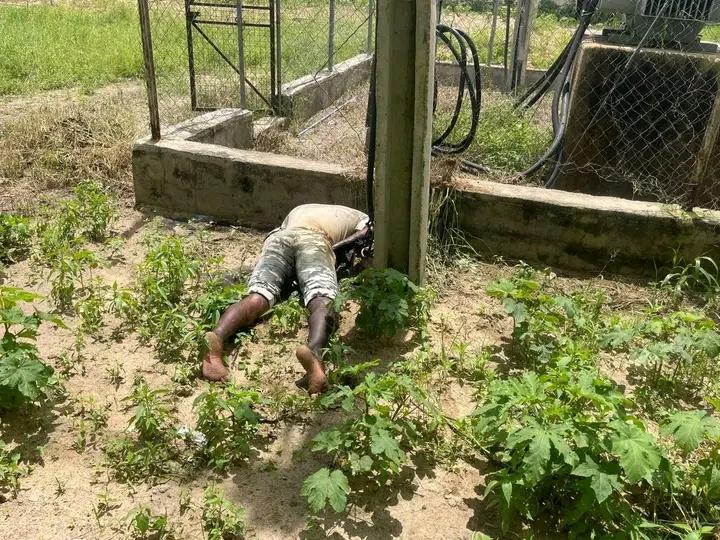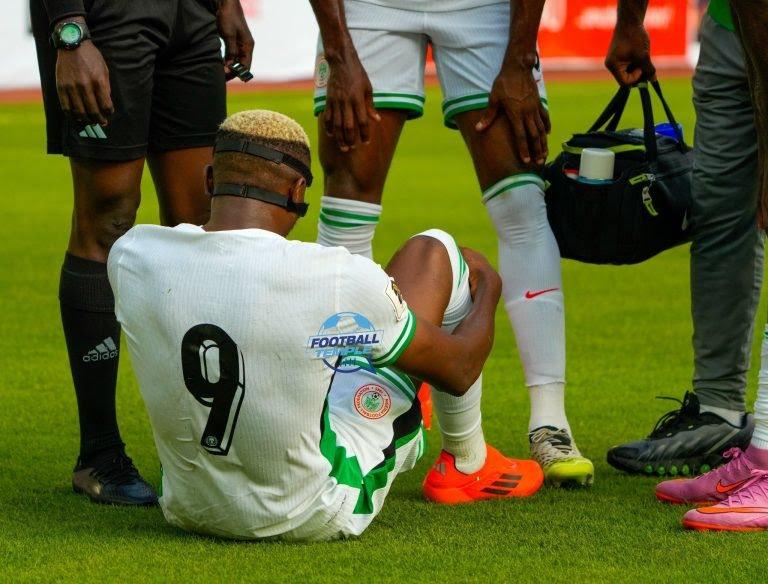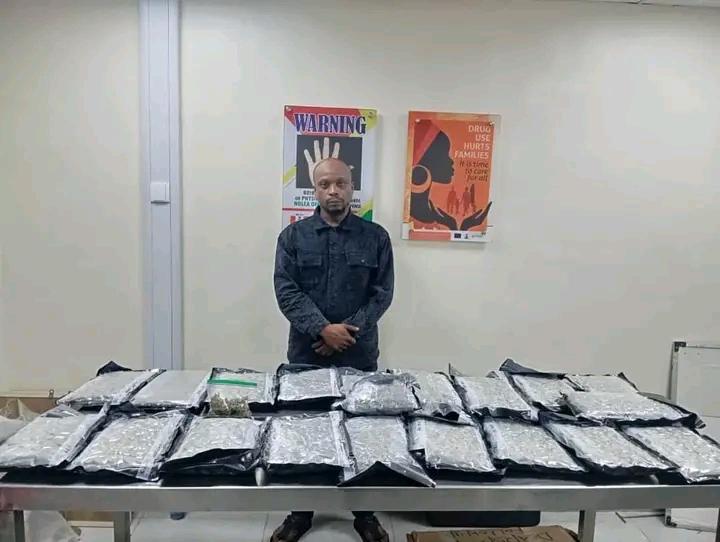Rivers and Lagos states have emerged as the deadliest hotspots for cult-related violence in Nigeria, according to a new report by SBM Intelligence, which recorded a staggering 1,686 deaths from 909 gang-related incidents between January 2020 and March 2025.
The report, released on Tuesday, ranked Rivers State as having the highest number of fatalities with 215 deaths, closely followed by Lagos (197), Edo (192), Ogun (149), and Delta (146). These states, mainly in southern Nigeria, have long struggled with cult rivalries, political violence, drug trafficking, and oil-related criminality.
Despite Rivers leading in deaths, Lagos recorded the highest number of incidents, 163 out of the national total, suggesting more frequent but slightly less fatal clashes in the nation’s commercial capital.
“While Lagos reports more incidents, gangs in Rivers often operate with more sophisticated weaponry, making their clashes deadlier,” the report noted.
Groups such as Black Axe, Eiye Confraternity, and Vikings were named as the primary actors in the surge of gang-related violence.
Originally formed as university confraternities, these groups have evolved into full-fledged criminal networks entrenched in extortion, cybercrime, and political thuggery.
SBM also highlighted that 2024 recorded the highest number of incidents (273) within the five-year period, although the number of deaths per clash declined. This trend may signal a shift in violence patterns, possibly towards more territorial skirmishes and less targeted killings.
The cult violence, according to the report, is largely concentrated in urban and semi-urban areas, debunking the notion that poverty alone is the root cause. Instead, rivalries over control of neighborhoods, revenge cycles, and illegal taxation are driving the clashes.
In Rivers, cult groups like Icelanders and Greenlanders remain locked in a bloody battle for dominance. In Lagos and other parts of the Southwest, the deadly feud between Aiye and Eiye confraternities continues to escalate.
“We are seeing more complex alliances, betrayals, and even internal purges within these gangs, in some cases, cultists kill their own members over suspicion of betrayal or disloyalty,” SBM report noted
The report also warned that civilians, vigilantes, and even security operatives are increasingly caught in the crossfire. While gangs traditionally avoid targeting non-members, the “unwritten rule” of sparing civilians is not always respected.
Although anti-cultism laws exist in many states, enforcement remains weak. SBM criticized the lack of political will and coordination among law enforcement agencies, which allows gang networks to thrive.
To curb the menace, the report recommended a multi-layered response, including addressing youth unemployment, controlling the spread of small arms, strengthening the justice system, and cutting off the political patronage often extended to cult groups during elections.
SBM said, “To address this persistent crisis, Nigeria needs a comprehensive strategy tackling unemployment, political exploitation, the flow of arms, and weak law enforcement, while bolstering state-led security and justice mechanisms.”
“Gang violence is no longer just a campus issue, it’s now a full-blown urban security crisis,” the report concluded.









